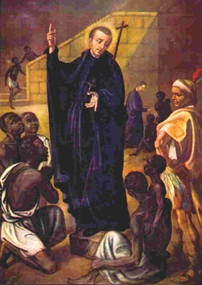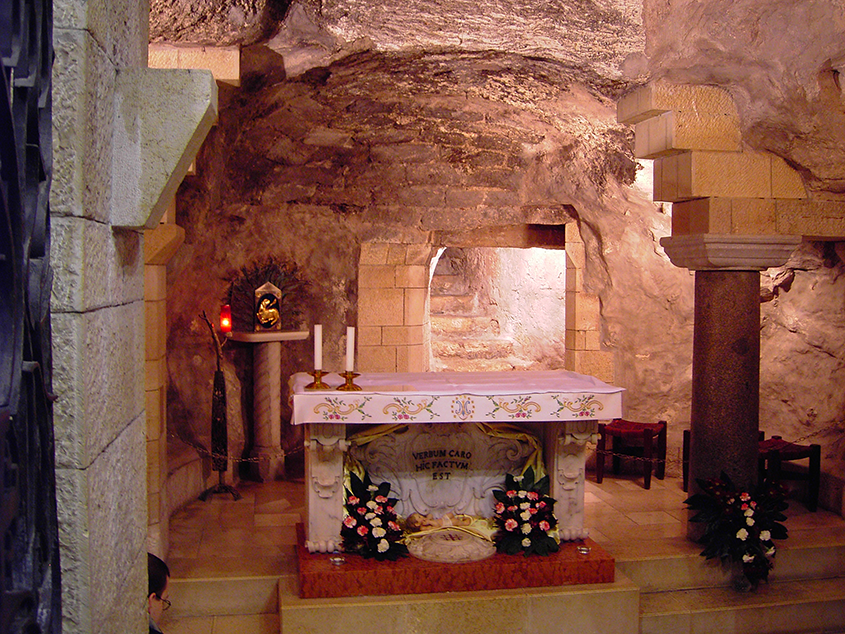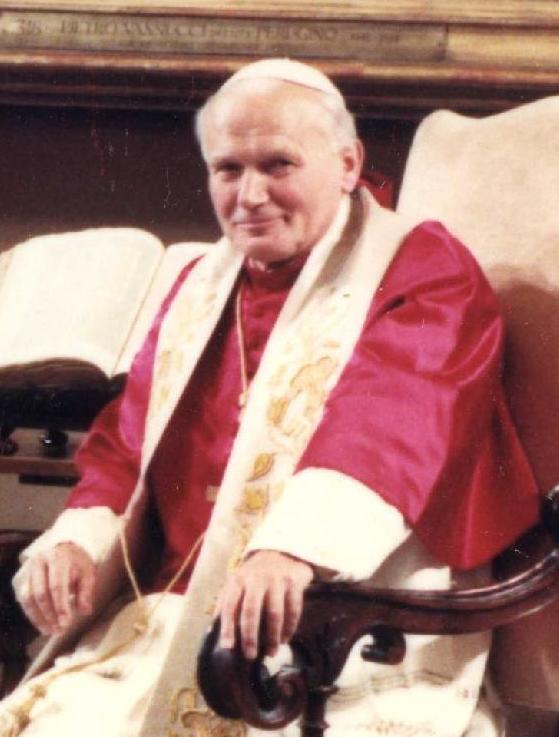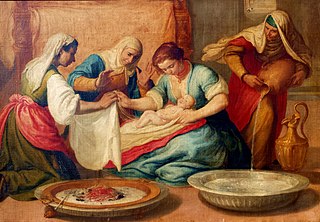The Code of Canon Law defines a parish as “a certain community of the Christian faithful stably constituted in a particular church, whose pastoral care is entrusted to a pastor as its proper pastor under the authority of the diocesan bishop” (Canon 515 §1). But what is the purpose of a parish – why have them at all? The USCCB statement Communities of Salt and Light says “The parish is where the Church lives. Parishes are communities of faith, of action, and of hope. They are where the gospel is proclaimed and celebrated, where believers are formed and sent to renew the earth.”
This last Sunday – in both my homily and in the pastor’s notes of the bulletin (see page 4) – I made an appeal that I’ll repeat here: Saint Mark parish needs help. I need help. The work of our parish is at stake – without regular, committed, and on-going help, we will be unable to maintain essential ministries & programs. Please consider how you can help, both in prayer and action! Even the smallest of works help our parish proclaim and live the gospel more fully.
Speaking of small acts, there’s a neat story I want to share. Every month I send out birthday & anniversary postcards to my brother priests. My July anniversary cards happened to have a photo of the Basilica of the Annunciation in Nazareth, Israel on the front, a brief description of which I included on the bottom right corner of the message side of the card.
By some machine glitch of the USPS – and despite me properly addressing the cards and only paying for regular postcard postage – all of them were accidently sent to Nazareth! From there, Israeli Post delivered them all to the basilica, where they were received by the bemused and more than slightly confused Franciscan community who cares for the church.
To my great delight, one of the members of the community went to the effort to help me out. Initially, he simply forwarded the first postcard to its proper destination. When twelve more arrive, he gathered them all together and sent them back with a kind note explaining what had happened. I’ve since gotten them to their intended recipients (sent in envelopes that do not have potentially machine-confusing labeling 🙄), but now with a story of how their card not only has a picture of the Holy Land…but actually went there and back! In the words of the Exultet: ‘O happy fault!’
I hope that this week also brings you many ‘happy faults’, with all the blessings & delights that come with them. Know of my prayers for you throughout.
Yours in Christ,
Father Maurer
P.S. The photo that triggered this whole saga (above) is of the altar in Mary’s home, where the angel Gabriel appeared to her to announce the conception of Christ.
Monday, September 4 – In 1981, Pope John Paul II published his encyclical Laborem Exercens, itself celebrating the ninetieth anniversary of its predecessor Rerum Novarum. Our annual Labor Day celebration is an excellent cue for Catholics to revisit the Church’s teaching on the dignity of laborers, the gift of work, and how the exercise of our talents & skills fits into the Lord’s plan for mankind and eternity!
September 8 – The feast of the Nativity of the Blessed Virgin Mary is a traditional celebration of the birth of Mary, celebrated since at least the sixth century. Though Scripture does not give an account of her birth, the apocryphal Protoevangelium of James offers a non-historical expression of Christian piety on the development of the tradition of her birth. Read more at Loyola Press.

September 9 – Today is the memorial of Saint Peter Claver, ‘apostle to the slaves’. When he was just 20 years old, Peter joined the Society of Jesus. Ten years later he left for Cartagena in present-day Colombia – one of the primary hubs of the Spanish slave trade – where he finished his seminary training. The plight of the slaves he encountered so touched him that at his final profession to the Jesuit order he signed his vows ‘Peter Claver, the slave of the Africans forever’. For 40 years, he served them while also preaching to slaver traders, criminals, and the wealthy before eventually catching the plague. He was canonized in 1888, together with his friend & mentor Alphonsus Rodriguez. Read more about him at Word on Fire.



